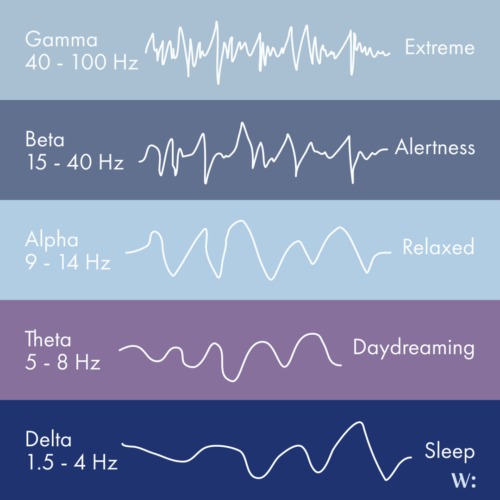How meditation can treat back pain, headaches, and more
There is something powerful about your mind. Simply by meditating, you can reduce the pain you are feeling until it’s almost nonexistent. Here is how.

Can meditation actually relieve pain or is it pseudoscience?
Meditation treats pain. That seems like a bold claim. Pain is something physiological, something that is happening in your body and its tissues, and meditation is mostly about the mind. But this is one of those moments when the edge between dreams and reality is so thin, it’s easy to believe it’s not true. Yet, it is.
Pain evolved to protect us against something potentially dangerous, it is completely natural. But sometimes it gets out of control and we start hating the pain itself, not something that caused it. In the end, that causes us much more suffering than the pain itself would.
Numerous studies (Hilton; Zeidan; Veehof; Morley; Gu) have proven that meditation (and even cognitive behavioral therapy) can truly relieve serious pain symptoms, even when they are extremely strong. Of course, the pain will not go away, and the underlying reason for the pain will remain. But the perception of pain will diminish greatly.
Of course, there are other common benefits of meditation such as reduced anxiety, stress, depression, and overall greater quality of life.
Meditation truly seems to be one of those magical (but true) ways of making yourself feel better.
What types of pain can meditation treat?
Pain comes in all shapes, flavors, and sizes, most of which are not particularly pleasant. According to a 2014 meta-analysis, 20 to 30 percent of adults in higher-income countries suffer from chronic pain. But, as previously said, the scientific evidence points us to believe that meditation can actually treat a lot of pain symptoms.
Evidence has shown that such common pains as headaches and lower back pain can be treated with meditation. Moreover, chronic joint and muscle pains associated with osteoarthritis and rheumatoid arthritis can be diminished with meditation. It even works against fibromyalgia – a condition associated with pain all over the body.
"Meditation may be so effective against such a wide variety of pains because it targets not the pain itself, but your perception of it."
What type of meditation relieves pain?
The current scientific literature points to the belief that mindfulness meditation is the #1 meditation treatment for pain. But that might be because mindfulness meditation is the most widely studied type of meditation. In practice, body scan self-awareness meditation (which may be considered a type of mindfulness meditation) is one of the proposed methods for pain relief.
Body scan meditation involves laying down in a calm space, breathing, focusing on some part of your body (for example, your left knee), and noticing everything that part of the body feels while continuing to breathe. It might be tickling, it might be pressure, it might be a pain. Then switch your attention to another body part, and continue to “scan” the whole body like that.
The wonderful thing about this is that you don’t need to have 10 years of meditation experience. Usually, the effects are seen either immediately or after a few days or weeks of regular meditation, just like with exercising.

Why can meditation relieve pain?
It seems that meditation actually works against pain, or more precisely, our perception of it. Somehow by using your mind, you can make changes in what your body feels. And that’s the whole foundation and wonder of mind-body medicine.
Mindfulness meditation indeed changes the very way your brain regions responsible for pain perception function. With it, you begin to be mindful of your pain, to not be so irritated and stressed by it. The key here is to not resist the pain, but rather observe it. And somehow, that lifts much of the stress and suffering associated with pain, of course not all of it, but enough to simply feel better.
"Suffering = pain × resistance. Take out the resistance, and the pain might reveal itself to not be so overwhelming after all."
In essence, meditation rewires your brain’s behavioral reaction to pain, and your perception of it changes dramatically. That’s the power our brain can have on our body, and the pain it feels.
Mind-body medicine is something science is still exploring. So we should carefully sift the information that we consume on this topic, as it’s easy to slip into pseudoscience when discussing it.
But otherwise, it is something extremely inspiring – to know the sheer power our mind can have on our body.
More from the magazine
Selected stories from our Team










